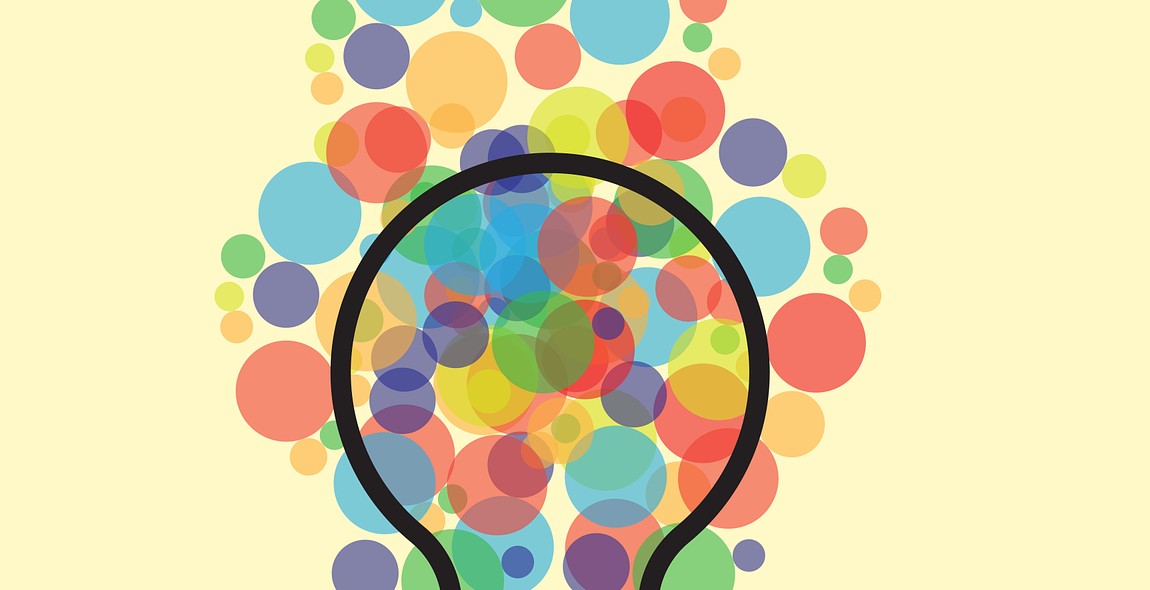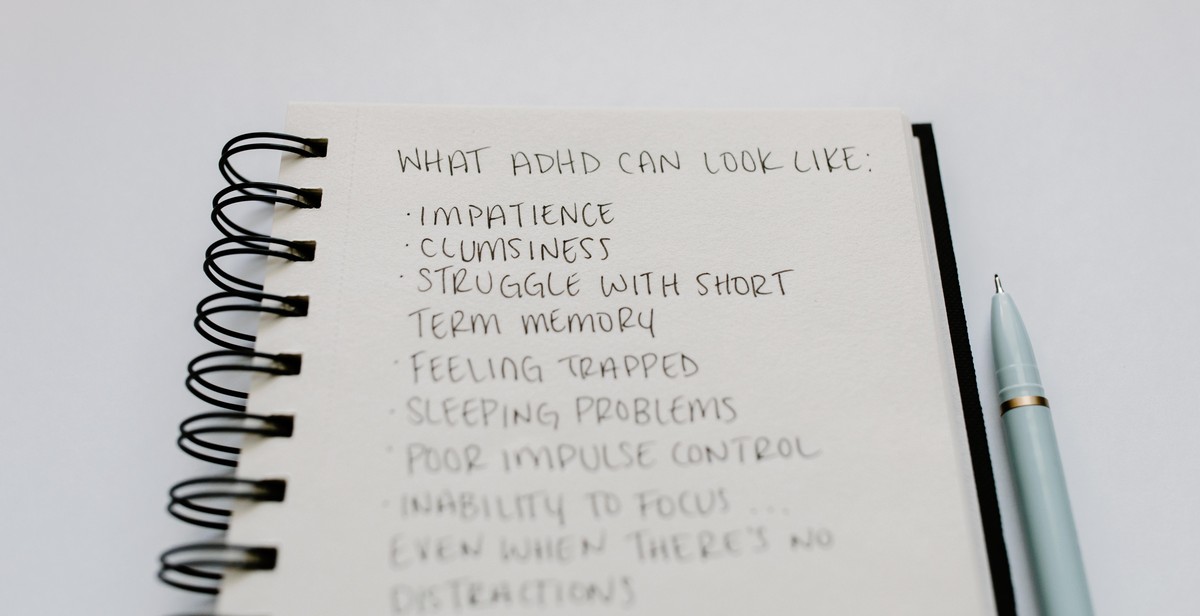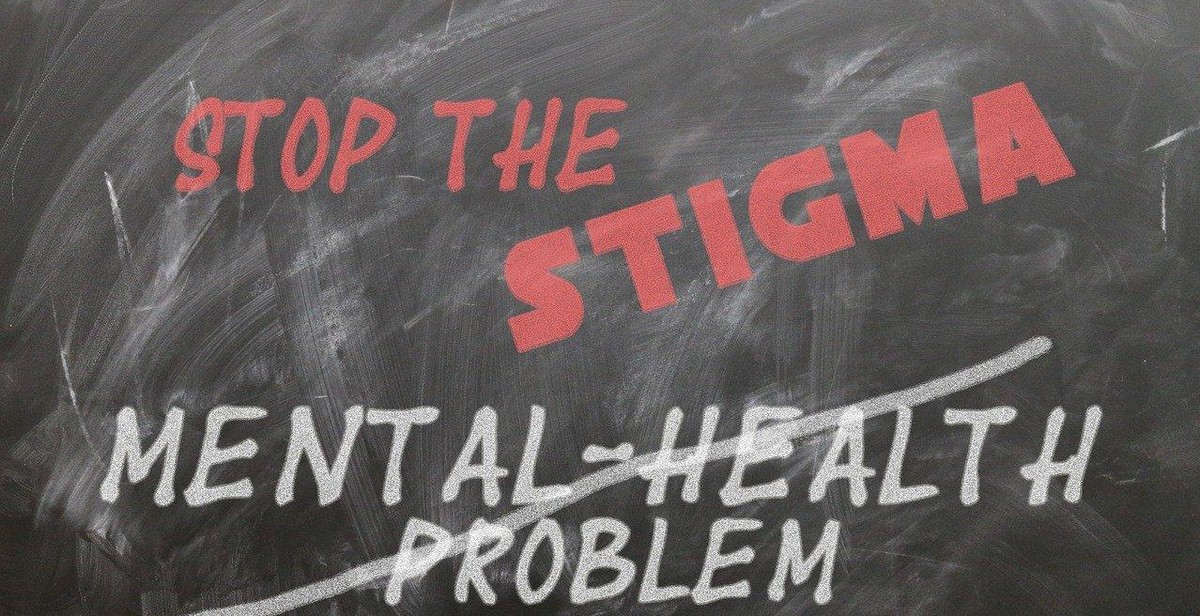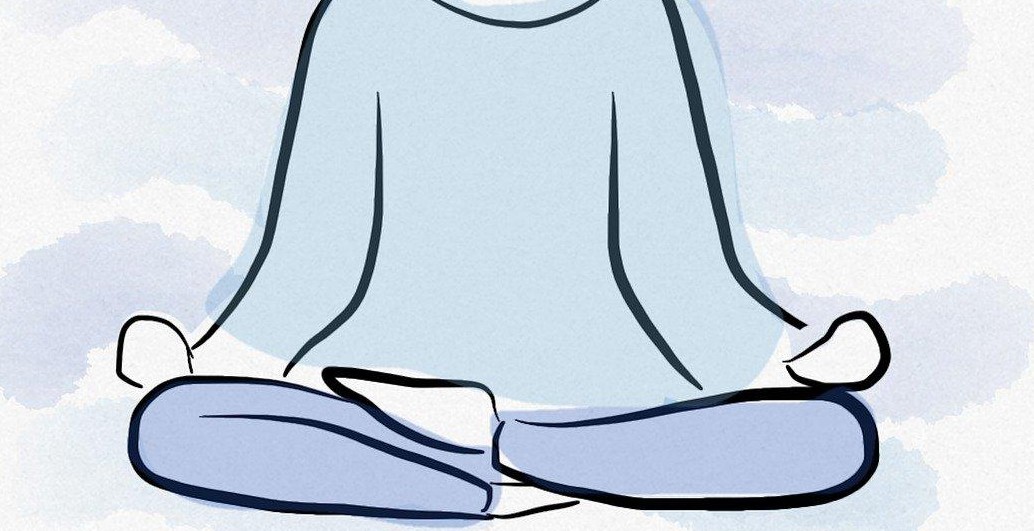Mental Health Myths Busted: What Everyone Needs to Know
As a professional article writer and content creator, I have encountered numerous misconceptions surrounding mental health throughout my career. It is disheartening to witness the stigma and misunderstanding that still exists in society today. In this article, I aim to debunk common mental health myths and provide accurate information that everyone should be aware of.
Myth #1: Mental illness is a sign of weakness
One of the most prevalent myths is that individuals with mental illness are weak or lack willpower. This couldn’t be further from the truth. Mental health conditions are complex and can affect anyone, regardless of their strength or character. It takes immense strength to seek help and navigate the challenges that come with mental health issues.
Myth #2: Mental health problems are rare
Contrary to popular belief, mental health problems are incredibly common. According to the World Health Organization, one in four people will experience a mental health issue at some point in their lives. Mental health is just as important as physical health, and it is vital that we prioritize both.
Myth #3: Only “crazy” or “dangerous” people have mental illnesses
This myth perpetuates harmful stereotypes and further isolates individuals struggling with mental health. Mental illnesses come in various forms and affect people from all walks of life. It is essential to understand that having a mental health condition does not make someone inherently dangerous or unstable.
Myth #4: You can “snap out” of a mental health problem
Mental health issues are not a matter of willpower or a temporary phase that can be overcome by simply “snapping out” of it. They are legitimate health conditions that require proper diagnosis, treatment, and ongoing support. Recovery often involves a combination of therapy, medication, self-care, and a strong support system.
In conclusion, it is crucial to dispel these myths and educate ourselves about mental health. By understanding the truth behind these misconceptions, we can create a more empathetic and supportive society for those battling mental health issues.

Section 1: Understanding Mental Health
As a professional article writer and content creator, I have had the opportunity to delve into various topics, but mental health is one that has always fascinated me. It is a subject that holds personal significance as well, as I have witnessed the impact it can have on individuals and their loved ones. In this section, we will explore what mental health truly means and highlight the importance of prioritizing it in our lives.
What is Mental Health?
Mental health refers to our emotional, psychological, and social well-being. It affects how we think, feel, and act, and it also determines how we handle stress, relate to others, and make choices. Just like physical health, mental health is crucial for overall well-being and impacts every aspect of our lives.
There are various factors that contribute to mental health, including genetics, environment, and life experiences. Mental health conditions can range from common disorders like anxiety and depression to more severe illnesses such as schizophrenia. It is important to note that mental health is not a sign of weakness or a personal failing, but rather a normal part of the human experience.
The Importance of Mental Health
Understanding and prioritizing mental health is vital because it significantly influences our overall quality of life. When we neglect our mental well-being, it can have detrimental effects on our physical health, relationships, work productivity, and daily functioning.
By taking care of our mental health, we can enhance our resilience, cope with life’s challenges more effectively, and maintain healthy relationships. It also allows us to make the most of our potential, pursue our goals, and lead fulfilling lives.
Moreover, promoting mental health awareness and reducing the stigma surrounding mental illnesses is crucial. By creating a supportive and understanding environment, we can encourage individuals to seek help, access appropriate treatment, and lead fulfilling lives.
In the next section, we will debunk common myths about mental health to enhance our understanding and promote a more inclusive society.
Section 2: Debunking Mental Health Myths
Myth #1: Mental Illness is Rare
As someone who has studied and worked in the field of mental health for many years, I can confidently say that this myth is far from the truth. Mental illness is not as rare as some people may believe. In fact, according to the World Health Organization, one in four people will experience a mental health issue at some point in their lives.
This misconception often stems from the stigma surrounding mental health, which leads to underreporting and a lack of awareness. Many individuals may be suffering silently, afraid to seek help due to the fear of being judged or labeled as “crazy.” It is crucial to understand that mental illness can affect anyone, regardless of their age, gender, or social status.
Myth #2: Mental Health Problems are a Sign of Weakness
This myth is not only incorrect but also harmful. Mental health problems are not a sign of weakness; they are medical conditions that require proper attention and treatment, just like any physical ailment. In fact, seeking help for mental health issues takes immense courage and strength.
Having personally witnessed the resilience and determination of individuals battling mental health problems, I can attest to the fact that they are anything but weak. Mental health issues can arise due to a combination of genetic, biological, and environmental factors, and blaming the individual for their struggles only perpetuates the stigma surrounding mental health.
Myth #3: Mental Health Issues Only Affect Certain People
This myth is particularly damaging as it creates a false sense of security for those who believe they are immune to mental health issues. The truth is that mental health problems can affect anyone, regardless of age, gender, race, or socioeconomic background.
During my years of practice, I have encountered individuals from all walks of life who have been impacted by mental health issues. Mental illness does not discriminate, and it is important to recognize that anyone can be vulnerable. By understanding this fact, we can foster empathy, compassion, and support for those who may be struggling silently.

Section 3: Facts About Mental Health
As someone who has dedicated years to understanding and writing about mental health, I feel compelled to share some important facts that everyone needs to know. By debunking common myths and misconceptions, we can foster a more compassionate and informed society.
Fact #1: Mental Health is Common
Contrary to what many may believe, mental health issues are incredibly common. In fact, according to the World Health Organization, one in four people worldwide will experience a mental health problem at some point in their lives. This means that you, or someone you know, is likely to be affected by mental health concerns. It is crucial to understand that mental health is not a rare occurrence, but rather a part of the human experience that deserves attention and support.
Fact #2: Mental Health Problems are Not a Sign of Weakness
There is a harmful stigma associated with mental health problems, often perpetuated by misconceptions that they indicate weakness or a lack of resilience. This couldn’t be further from the truth. Mental health problems are not a reflection of personal character or strength. They are complex conditions influenced by a combination of genetic, biological, environmental, and psychological factors. It is essential to recognize that seeking help and addressing mental health concerns is an act of courage and strength.
Fact #3: Mental Health Issues Can Affect Anyone
Mental health problems do not discriminate; they can affect anyone, regardless of age, gender, race, or socioeconomic status. While certain factors may increase the risk of developing a mental health condition, such as family history or traumatic experiences, it is vital to understand that no one is immune. We must abandon stereotypes and misconceptions that suggest mental health problems only impact specific groups. By acknowledging that mental health issues can affect anyone, we create a more inclusive and supportive environment for everyone.
Understanding these facts is the first step towards breaking down the barriers surrounding mental health. By educating ourselves and others, we can promote empathy, compassion, and a more inclusive society that supports the well-being of all individuals.

The Impact of Mental Health Myths
Believing in mental health myths can have serious negative effects on individuals and society as a whole. These myths perpetuate stigma, discrimination, and misunderstanding, which can prevent people from seeking help and support when they need it the most.
Negative Effects of Believing in Mental Health Myths
When individuals believe in mental health myths, they may develop misconceptions about mental illnesses and their causes. This can lead to a lack of empathy and understanding, making it difficult for those struggling with mental health issues to feel supported and accepted.
One negative effect of believing in mental health myths is the delay in seeking treatment. When someone believes that mental illnesses are a sign of weakness or character flaws, they may feel ashamed or embarrassed to ask for help. This delay in seeking treatment can worsen symptoms and lead to more severe mental health issues.
Another negative impact is the perpetuation of self-stigma. When individuals internalize the negative beliefs associated with mental health myths, they may start to believe that they are flawed or broken. This self-stigma can prevent them from seeking help, isolating themselves, and exacerbating their mental health struggles.
Stigma and Discrimination
Believing in mental health myths contributes to the stigma and discrimination faced by individuals with mental illnesses. Stigma refers to the negative attitudes, beliefs, and stereotypes surrounding mental health, while discrimination involves unfair treatment or exclusion based on these attitudes.
This stigma and discrimination can manifest in various ways, such as social exclusion, employment discrimination, and even within healthcare settings. Individuals may face judgment, ridicule, or be labeled as “crazy” or “unstable,” which further perpetuates the stigma and hinders their recovery.
Furthermore, the fear of being stigmatized or discriminated against can prevent individuals from opening up about their mental health struggles, leading to feelings of isolation and loneliness. This can have a significant impact on their overall well-being and quality of life.
In conclusion, the impact of mental health myths is far-reaching and detrimental. It is crucial to challenge these myths, educate ourselves and others, and promote a more compassionate and understanding society that supports and empowers individuals with mental health issues.

Section 5: Breaking the Stigma
Breaking the stigma around mental health is crucial in promoting mental health awareness and creating a supportive environment for those who are struggling. As someone who has personally battled with mental health issues, I understand the importance of encouraging open conversations and educating others about the realities of mental health.
Promoting Mental Health Awareness
One of the most effective ways to break the stigma is by promoting mental health awareness. This involves sharing personal stories, organizing events, and participating in campaigns that highlight the importance of mental well-being. By openly discussing our experiences, we can help others feel less alone and encourage them to seek help when needed.
Encouraging Open Conversations
Open conversations about mental health create a safe space for individuals to share their struggles and seek support. By actively listening and offering empathy, we can break down barriers and challenge the misconceptions surrounding mental health. I have personally found solace in talking to supportive friends and family members, and these conversations have played a significant role in my recovery.
Educating Others
Education is key in dismantling the stigma surrounding mental health. By providing accurate information and debunking common myths, we can help others understand that mental health issues are not a sign of weakness or a personal failing. I have taken it upon myself to educate those around me by sharing resources, recommending books and documentaries, and engaging in discussions about mental health.
Breaking the stigma is an ongoing process that requires collective effort. By promoting mental health awareness, encouraging open conversations, and educating others, we can create a society that supports and accepts individuals with mental health challenges.
Conclusion
As someone who has personally struggled with mental health issues, I cannot stress enough the importance of debunking the myths surrounding this topic. Mental health affects every aspect of our lives, and it is crucial to have accurate information in order to provide support and understanding to those who need it.
In this article, we have explored some of the most common myths surrounding mental health and provided evidence-based information to debunk them. We have learned that mental illnesses are not a sign of weakness or a character flaw, but rather legitimate medical conditions that require treatment and support.
It is essential to challenge the stigma associated with mental health and promote a culture of empathy and understanding. We should encourage open conversations about mental health, provide resources and support to those in need, and prioritize self-care and mental well-being.
Remember, mental health is not something to be ashamed of or hidden away. It is a part of who we are, and seeking help is a sign of strength, not weakness. Let us break the barriers and misconceptions surrounding mental health, and create a society where everyone feels safe and supported.
So, the next time you hear someone perpetuating a mental health myth, speak up and share the facts. Together, we can make a difference and create a world where mental health is understood, accepted, and treated with the same importance as physical health.
